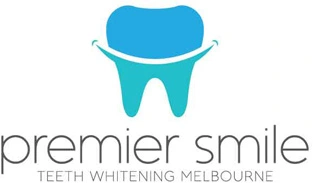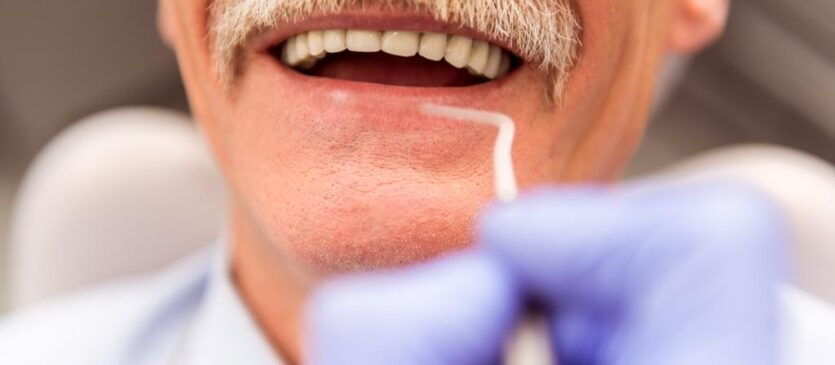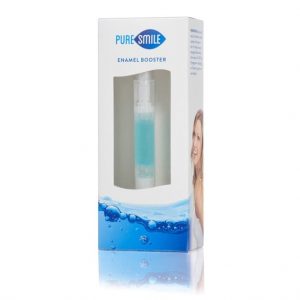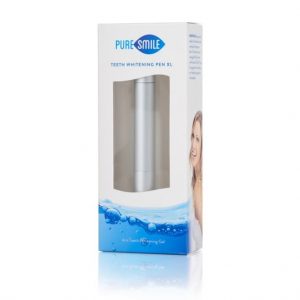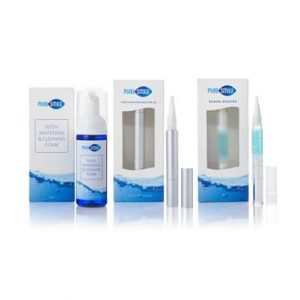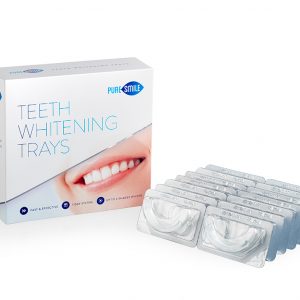Digital X-rays are not only faster and more efficient than traditional X-rays, but they are also more comfortable for seniors. The sensor used in digital X-rays is smaller than traditional X-ray film, and the process requires less time and less radiation exposure. Moreover, digital X-rays can detect early signs of dental problems, such as tooth decay and gum disease, before they become more serious and more difficult to treat. This early detection can lead to less invasive and less expensive treatments, ultimately improving seniors’ overall oral health.
Intraoral cameras are a particularly useful tool for seniors because they allow dentists to show patients a close-up view of their dental health. This visual display can help seniors understand the importance of good oral hygiene and motivate them to take better care of their teeth and gums. Intraoral cameras can also detect dental problems early on, leading to more effective treatments and better outcomes for seniors.
Dental implants have revolutionised the way dentists replace missing teeth. For seniors, who may have lost several teeth over time, dental implants can be a game-changer. Dental implants are surgically implanted into the jawbone, providing a sturdy and long-lasting foundation for replacement teeth. This makes them a more comfortable and natural-looking solution for seniors who may struggle with ill-fitting dentures or bridges.
Laser dentistry has a multitude of benefits for seniors, including less bleeding, reduced swelling, and less pain after treatment. These benefits are particularly important for seniors who may have more fragile oral tissues or health concerns that make traditional dental treatments more challenging. Laser dentistry is also a great option for seniors who may have anxiety about dental procedures because the treatment is less invasive, and the recovery time is often shorter.
3D printing is an innovative technology that allows dentists to create custom dental appliances, such as dentures, crowns, and bridges, that fit perfectly in a senior’s mouth. This technology can also reduce the amount of time needed to create dental appliances, leading to quicker treatment times and fewer appointments. For seniors who may have trouble wearing traditional dental appliances, custom-fit 3D printed appliances can make a significant difference to their comfort level and quality of life.
Telephone – dentistry is an excellent solution for seniors who may have mobility issues or live in remote areas. It allows seniors to access dental care from the comfort of their own homes, reducing the need for transportation and allowing them to receive treatment without leaving their living facilities. Telephone – dentistry also makes it easier for seniors to stay on top of their oral health by providing regular check-ups and consultations, even if they are unable to visit a dental office.
In conclusion, innovative dental technologies have significantly improved the way seniors receive dental care in aged care settings. These technologies have made dental procedures more comfortable, less invasive, and more accessible, ultimately improving the oral health and quality of life of seniors.

The Importance of Oral Health in Aged Care
Maintaining good oral health is especially important for elderly people because they are more likely to experience a range of health issues that can be exacerbated by poor oral hygiene. For example, gum disease has been linked to an increased risk of cardiovascular disease, stroke, and diabetes, all of which are more prevalent in the elderly population. Additionally, tooth decay can lead to pain and infection, which can have serious implications for overall health and well-being.
There are several challenges that elderly people may face in maintaining good oral hygiene. For example, arthritis or other mobility issues may make it difficult for them to hold a toothbrush or floss properly. Dementia or other cognitive impairments may make it challenging for them to remember to brush their teeth or follow oral care instructions. Furthermore, medications commonly used by elderly people can cause dry mouth, which increases the risk of tooth decay and gum disease.
Aged care providers can take a number of steps to promote good oral health amongst their residents. One important strategy is to provide regular dental check-ups and cleanings. This can help identify and treat dental issues early, before they become more serious. Staff can also be trained on how to provide appropriate oral care for residents with specific needs, such as those with dementia or other cognitive impairments.
Another important strategy is to provide education and support to residents and their families. This may involve teaching proper brushing and flossing techniques, providing information about the importance of oral health, and offering advice on the use of dental products such as denture adhesives. By promoting good oral health habits, aged care providers can help their residents maintain healthy teeth and gums, and reduce the risk of serious health complications.
In summary, the importance of oral health in aged care cannot be overstated. Poor oral hygiene can have serious implications for overall health and quality of life, especially for elderly people. Aged care providers can play a key role in promoting good oral health amongst their residents by providing regular dental check-ups, tailored oral hygiene plans, staff training on oral care techniques, and education and support to residents and their families. By taking a proactive approach to oral care, aged care providers can help improve the health and well-being of elderly people in their care.


